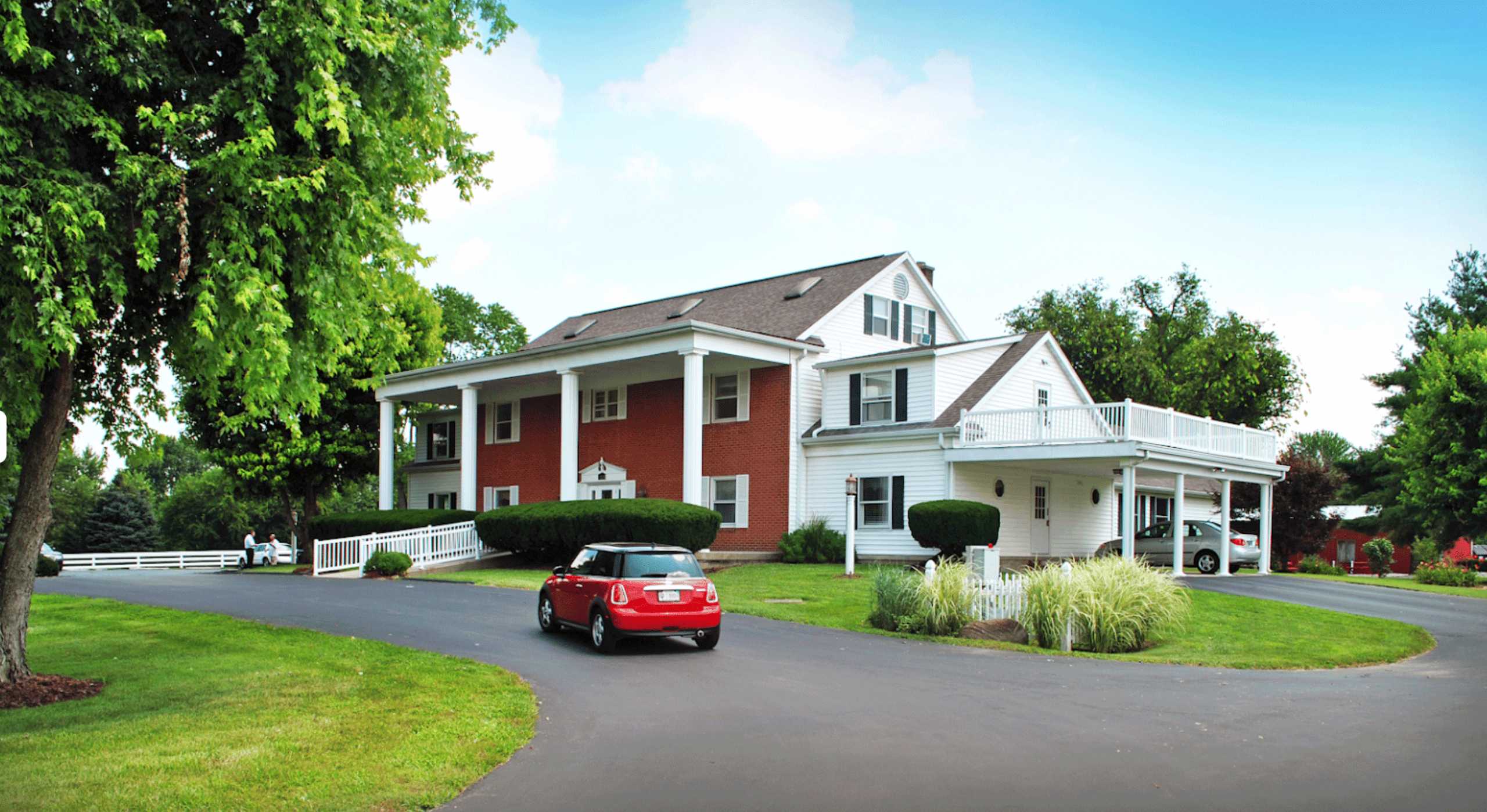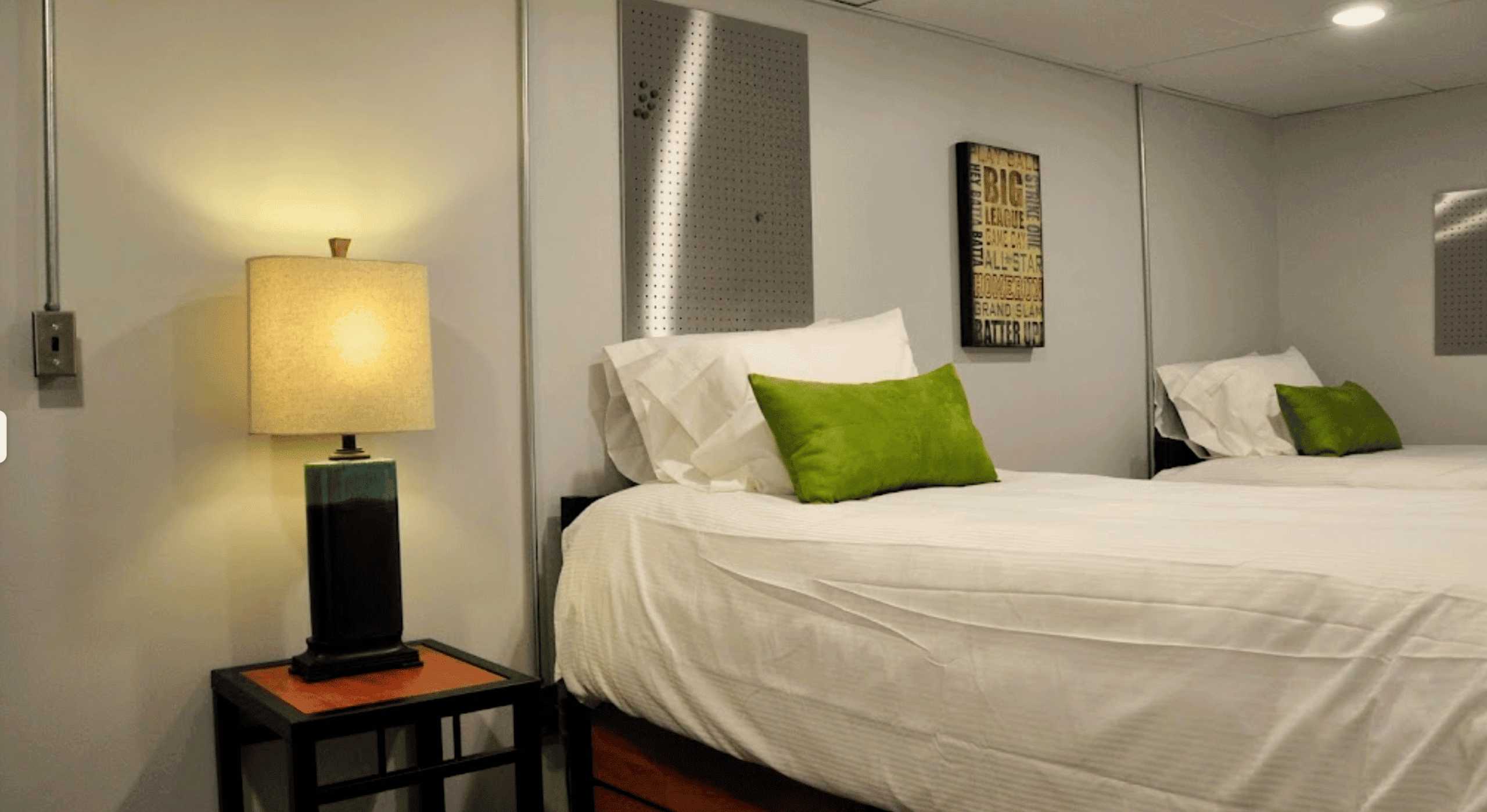Tara Treatment Center Review: Rehab in Franklin, Indiana
- Viewed - 3433
Description
The addiction crisis spreading through America has certainly not missed Indiana. Almost half a million people in the state have a diagnosable substance use disorder, and addiction is one of the most significant problems the state faces. Drug overdoses have doubled since 2010. And more than 10,000 residents of Indiana have died from opioid overdose in the last ten years.
Tara Treatment Center in Franklin, Indiana, provides a holistic approach to alcohol and drug addiction and has served more than 20,000 recovering addicts in a facility with a family atmosphere and strong support system.
Individuals struggling with addiction or drug and alcohol dependence can find a full continuum of care at Tara Treatment Center in Franklin. After participating and completing one of the rehab center’s treatment programs, they can expect to join a vibrant, active recovery community with many experienced alumni and trained professionals within their support network.
What sort of service or program list does Tara Treatment Center in Franklin, Indiana, offer? Read on for a comprehensive summary of their treatments and therapies.
Quick View Of Tara Treatment Center
| Treatment Programs | Unique Amenities | Medication-Assisted Treatment? | Dual Diagnosis/Co-Occurring Mental Health Disorder? | Insurance |
| The rehab offers 11 treatment modalities and plans | Unique, homelike environment with access to equine-assisted and art therapy | Yes, accompanied by medical staff supervision | Yes, all staff are trained to deal with dual diagnosis and co-occurring mental health issues | Most Major Health Insurance Plans |
Detoxification: Drug and Alcohol Withdrawal and Detox
Medical or supervised detox forms an essential part and the first step of many individuals’ alcohol or drug recovery. During a detox program at the Tara Treatment Center, a high level of care is provided as each participant goes through withdrawal and the accompanying experiences and experiences.
24-hour monitoring and supervision are provided for individuals in the detox program, with the possibility of prescribing or providing over-the-counter medication to manage withdrawal symptoms should the need arise.
Once a patient has completed the detox program and is assessed as medically stable, they will move on to the next stage of treatment.
Residential
Similar to the detox program, a residential treatment plan involves 24-hour supervision and programming. Residential programs at Tara Treatment Center are gender-specific, and every aspect of the substance abuse treatment plan involves clinically backed therapies and modalities.
Unlike inpatient treatment, which often resembles a hospital setting, Tara Treatment Center’s residential rehab program treats substance abuse in a home-like environment while offering therapeutic processes and educational classes for both the individual undergoing treatment and their families.
A typical residential program at Tara Treatment Center in Franklin lasts between 30 and 42 days.
Partial Hospitalization (PHP)
Partial hospitalization programs are often recommended for patients who have completed a residential treatment plan and aren’t ready to move to an outpatient program yet.
Individuals participating in PHP undergo transitional therapy setups and access much of the same counseling and therapy they had while residing at the facility. PHP is more intensive than a standard outpatient program and, for those who aren’t covered for residential treatment by insurance, Tara can offer the PHP program while charging room and board separately.
Transitional Residential Program
For men who do not require a PHP or outpatient program after completing residential treatment, the transitional residential plan can offer a pathway toward returning home soon after residential treatment.
The transitional residential program helps prepare patients for reentering society after undergoing substance abuse treatment as a stabilizing service. Participants attend meetings, engage in employment and community service, and are encouraged to build a strong support network during this time.
Outpatient Services
Tara provides an intensive outpatient treatment program (IOP), outpatient aftercare, and education service to individuals who no longer require supervision and reside at home or in a sober living house. Participants in the program meet on Mondays, Tuesdays, and Thursdays for three hours between 5:30 PM and 8:30 PM, and this program lasts an average of nine weeks.
For patients who want to continue their careers, attend school, or carry on with their studies, an IOP program is a great way to get the help and support you need for your substance abuse while not leaving school, work, or personal responsibilities behind.
Aftercare
Individuals that attend programs within this care level are exposed to a range of emotional support groups and methods to cope with the risks of relapsing once they leave intensive treatment.
For people who undergo treatment for substance abuse, aftercare is an essential part of the reentry to society while learning to identify the warning signs of relapse and what to do when they need help.
Aftercare meetings typically meet once a week.
Educational Service
The eight-hour educational program provides patients with how and why people become addicted to drugs or alcohol. The program also delves into the effects of drugs and alcohol, how they damage your body, and how to make decisions that provide your body with a positive influence against substance abuse.
Treatment Modalities
The multi-disciplinary staff at Tara Treatment Center are highly specialized in each of their modalities and services. Staff at the center range from psychologists and addiction counselors to physicians and nurses, all trained to provide the best quality care to people attending a program hosted by the rehab.
A holistic approach to substance abuse treatment is implemented throughout the programs at Tara, with particular attention being given to patients who have or may have a mental health disorder. For those struggling with mental illness, there are many therapies available to address these co-occurring disorders.
Some of the key Tara treatment modalities include:
Family Programming
Family members may be just as negatively affected by their loved one’s substance abuse as the patient for that reason. Tara offers comprehensive education and therapy sessions for family members, including parents and children, of their patients and those without a loved one attending a Tara treatment program.
Family therapy is vital to the mental health of the patient’s loved ones and could help educate them regarding why their loved one may have developed substance use disorders in the first place. Family therapy is especially important if the person seeking treatment has children who may be traumatized or confused by their parent or guardian’s addiction and the personality change this often brings about.
Relapse Prevention Therapy
Relapse Prevention Therapy (RPT) is an essential part of Tara’s comprehensive treatment plan. It involves introductions to 12-step or AA meetings outside of the rehab, helping patients find support groups, and providing a fallback point for patients who have left the facility to focus on their recovery process by themselves.
Understanding the impact of addiction and how to cope with future triggers may help patients reduce their likelihood of relapsing and needing another round of treatment.
Psycho-Education
While participating in psycho-education sessions, each patient learns to use strategies and concepts that can help address addiction and bolster recovery, anger management, and the development of healthy relationships.
This modality may also teach vocational skills and other lessons that could be beneficial once the participants go back to their everyday lives.
Group and Individual Therapy
Therapy forms one of the main components of any addiction treatment or recovery program. Tara Treatment Center offers a range of different therapeutic processes to encourage sobriety by addressing mental health disorders like depression, stress, and other dual diagnoses that may hinder a patient’s substance abuse recovery.
The process to overcome addiction is never the same for any two patients. As a highly experienced rehab facility, the staff at Tara know this and offer various options to ensure each participant fully benefits from their treatment.
These treatment options include:
- Cognitive Behavioral Therapy (CBT), during which patients are taught problem-solving skills needed to modify the thought processes that lead to addiction and relapse.
- Motivational Interviewing, which encourages patients to develop the motivation and drive to recover and remain sober.
- Gestalt Therapy: This form of therapy helps the patient dissociate from their negative perceptions of life or addiction and focus on what is happening instead of what they believe is happening around them.
- Experiential Therapy: As one of the few rehab centers offering experiential therapy, Tara provides a range of beneficial activities aimed at helping participants express themselves and heal from the trauma their substance abuse may have caused. All experiential therapies are conducted on a group basis and are led by experienced team-building facilitators. The therapies offered by Tara Treatment Center include equine-assisted therapy, yoga, 12-step recovery, and art therapy.
Tara Treatment Center Location
- 6231 US-31
- Franklin, IN 46131
- Phone: (800) 397-9978
Recovering from alcohol or drug addiction can be challenging, especially in rehab centers that feel overly clinical and empty. Life at Tara is unlike any other rehab and is based on a home-like facility providing warm, personalized care to each patient.
If you or a loved one requires addiction treatment or therapy, contact Tara Treatment Center today for the help, advice, and guidance that may change your lives.
Location / Contacts
- Address : 6231 US-31, Franklin, IN 46131
- Phone : (800) 397-9978
- Website : https://www.taratreatmentcenter.org/





Add Review